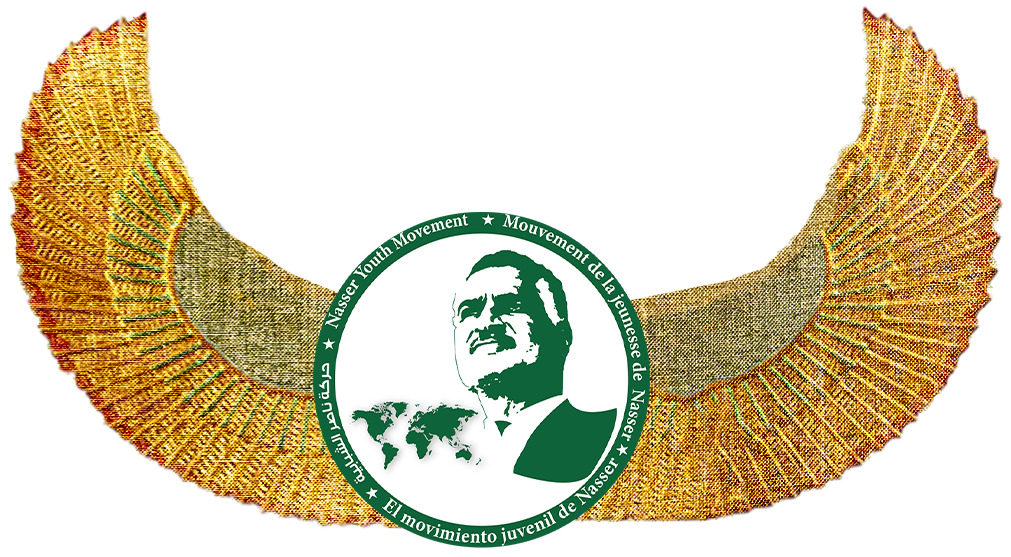"Egypt before and after the July 23rd revolution."

By: Aya Ahmed Barakat
After the 1948 war, and due to the spread of chaos, the absence of a strong army, instability, and the abundance of injustice, a group of officers appeared who refused to be silent about these charades and decided to defend their homeland to begin a new era of reform and restoration of the country and assistance to all Arab countries. These officers had principles and demands, but they were not announced until the success of the movement that they carried out, which was called the July 23 Revolution, and these principles were the elimination of feudalism, the elimination of colonialism, the elimination of capital control, the establishment of a national army, the establishment of social justice, and the establishment of a sound democratic life. These principles were announced in 1956.
The revolution was led by the Free Officers, an organization formed after the Palestine War in 1948. The leader of the Free Officers was Major General Muhammad Najeeb, and he was the leader of the revolution and the interface for this revolution. He was chosen by the Free Officers because of his good reputation within the army, and he was the most important factor in the success of the revolution.
The revolution took place on July 23, 1952, when the Free Officers carried out an armed coup without bloodshed and succeeded in controlling matters and the vital facilities in the country. They broadcast the first statement of the revolution, and Muhammad Anwar Sadat was the one who delivered this speech. After this statement, the King was forced to abdicate his reign to Prince Ahmed Fouad, who left the country on July 26. A Regency Council was formed, and managing matters was in the hands of the Revolutionary Command Council, which consisted of 13 officers. The most prominent of these officers were Major General Muhammad Naguib, Al-Bakbashi Gamal Abdel Nasser, Officer Abdel Hakim Amer, and Officer Muhammad Anwar Sadat. The head of the Free Officers was Muhammad Naguib, and then the monarchy was abolished. The Republic was proclaimed on June 18, 1953.
The July 23 revolution was a new beginning and a new life for Egypt and for all the Arab peoples, due to the results of it in most fields. The first one of these results was that Egypt became a republic, not a monarchy, and the first president was Muhammad Naguib on June 18, 1953. The 1923 constitution was cancelled, and the king was forced to abdicate the throne and leave for Italy. The evacuation agreement was signed after seventy-four years of occupation, and then The Suez Canal was nationalised. On the Arab level, A unit has been established between Egypt and Syria. Egypt sent soldiers to help in Yemen's war against colonialism. It also sent soldiers to help the Libyans in the war. The revolution also contributed to the independence of Kuwait, supported the Iraqi revolution, and supported Somalia.
After this revolution, Egypt became the pole of the world in power, which imposed on it the responsibility of protecting itself and the neighbouring Arab countries.
There was hope for the Arab peoples for liberation and independence, and this hope was derived from the success of the Egyptian revolution and Egypt's assistance to the Arab countries in obtaining their independence and success.
That revolution was the beginning of all the achievements and transformations that took place in Egypt, which led to a new era of hope and more great results in various fields. Therefore, we celebrate that great event on the same day every year to be proud of our history and our great achievements.

